|
ID |
Nickname |
Country / City |
Languages |
Taxonomies |
Comment |
Project / Group |
Map |
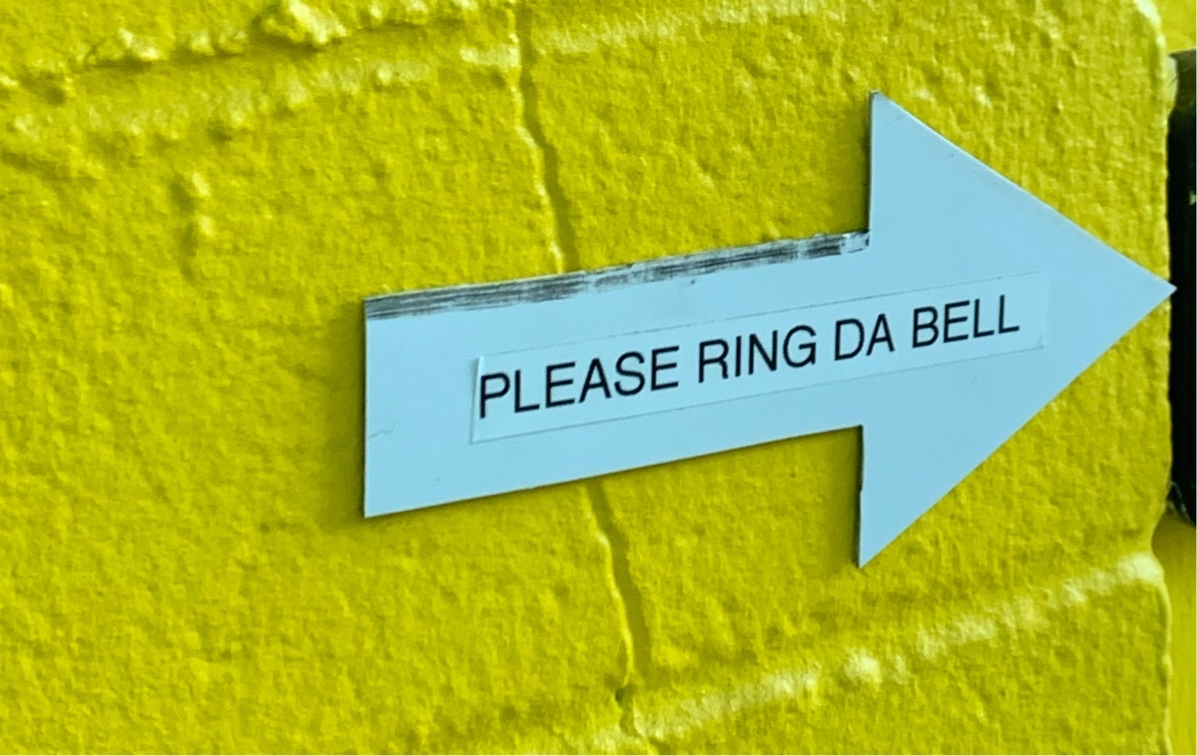
|
46059
|
|
United States
Honolulu
|
|
|
HC
Domain: sign outside a retail record store
Purpose: To ask the customer to ring the bell
Print: vinyl label
Implied message: "Da" is the pidgin equivalent to the english word "the". "Please ring da bell", is a local way to ask to "Please ring the bell."
|
Multilingual Hawaiʻi
|
|

|
47339
|
|
United States
Honolulu
|
|
|
JP Hawaiian is being used here to help convey a friendly overtone to the message of Covid awareness. The poster is mostly geared toward tourists however, with the majority of the sign being written in English and Japanese. The domain is Public Health and safety
|
Multilingual Hawaiʻi
|
|
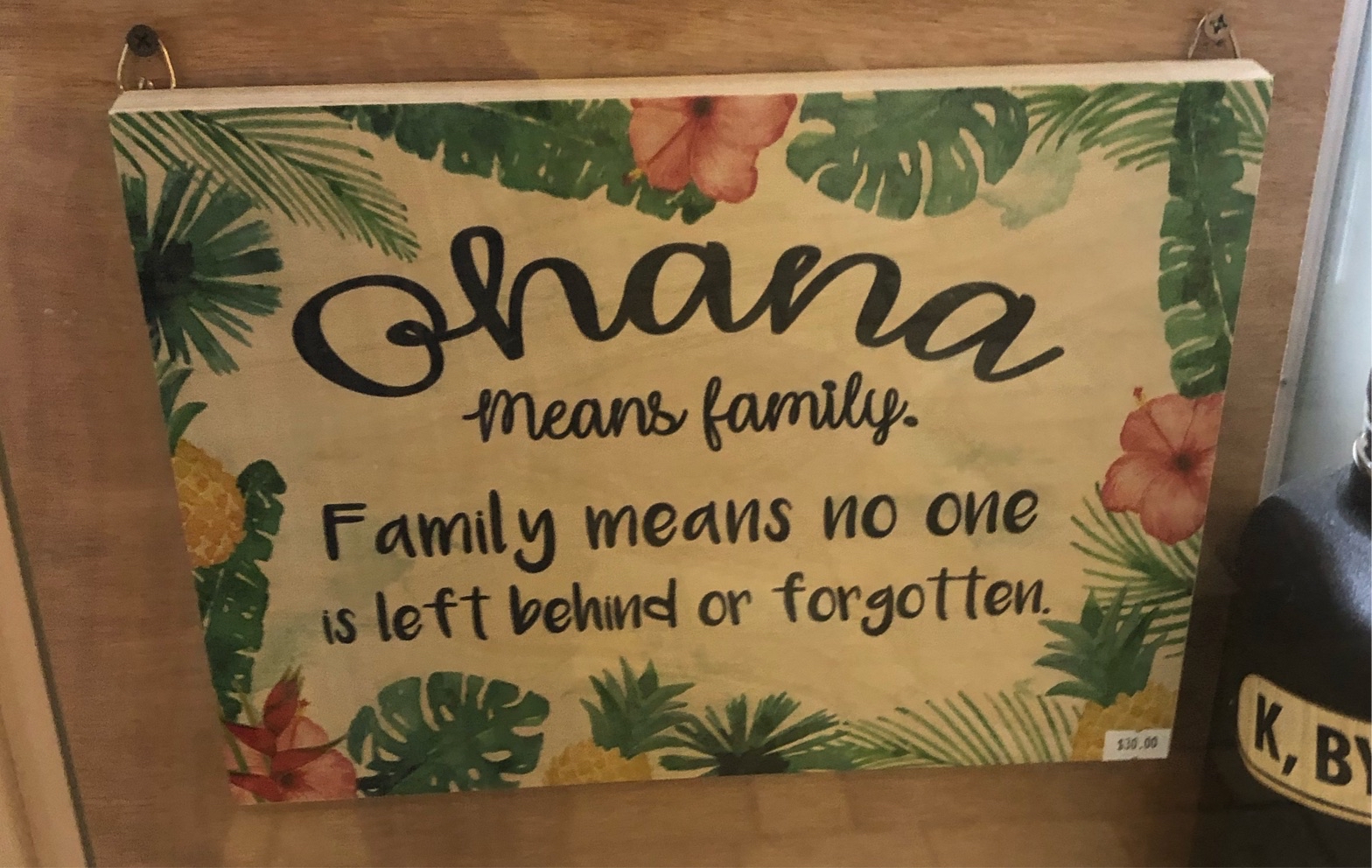
|
46060
|
|
United States
Honolulu
|
|
|
Ohana! I saw this sign at the mall and thought it was very cute! This is a nice sign to put up in a family home for decorations. It was being displayed on when of the stands at the mall. GM
|
Multilingual Hawaiʻi
|
|

|
47340
|
|
United States
Honolulu
|
|
|
JP Here, Pidgin is being used on kitchen towels in a home goods store in Kahala Mall. The use of Pidgin here helps to convey a friendly and even humorous message for anyone who might be using the towels am their kitchen.
|
Multilingual Hawaiʻi
|
|
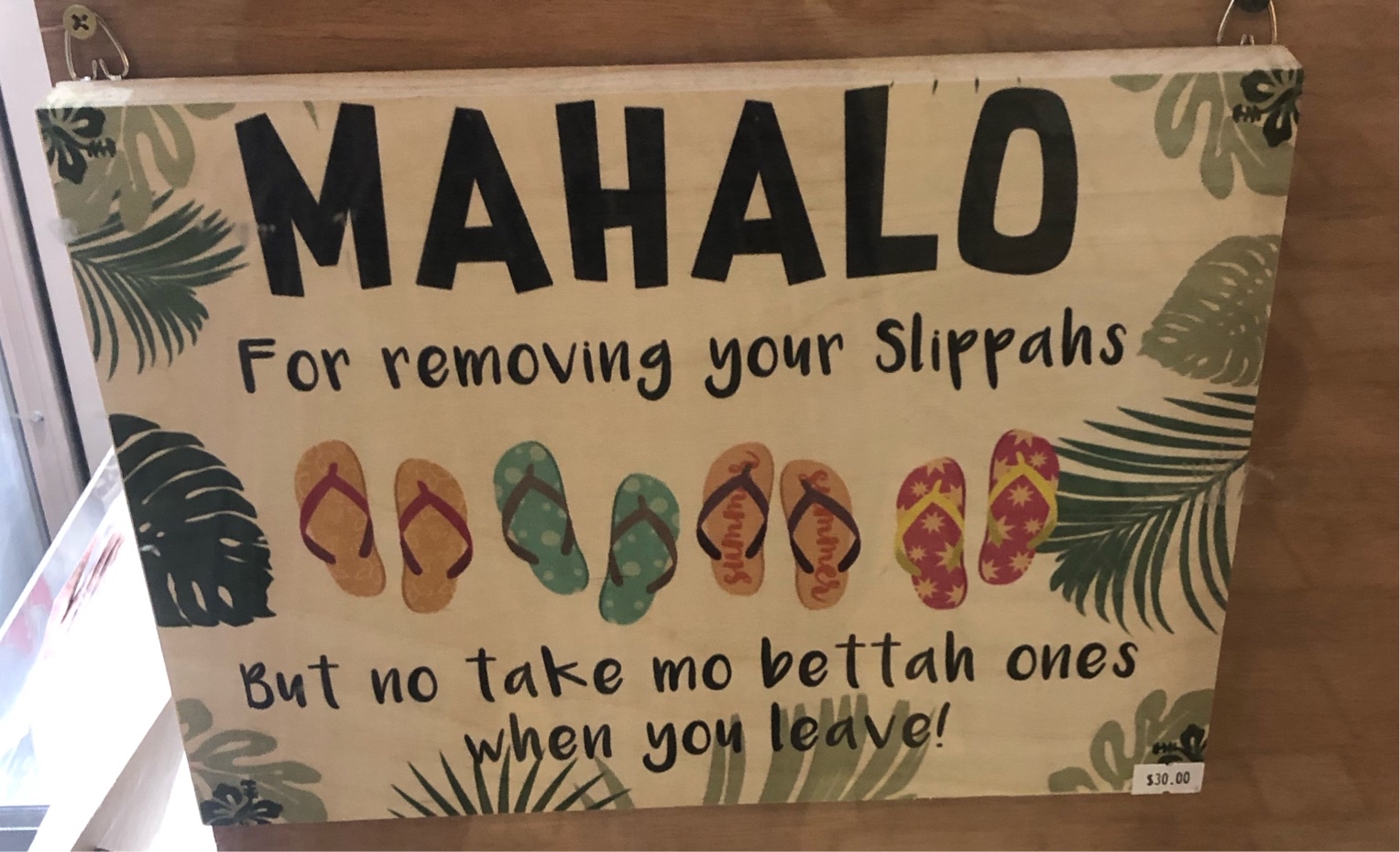
|
46061
|
|
United States
Honolulu
|
|
|
Mahalo! I saw this sign at the mall at one of the stands by the food court. This is a great sign to decorate a house with, especially at the door to tell guests to take off shoes. GM
|
Multilingual Hawaiʻi
|
|
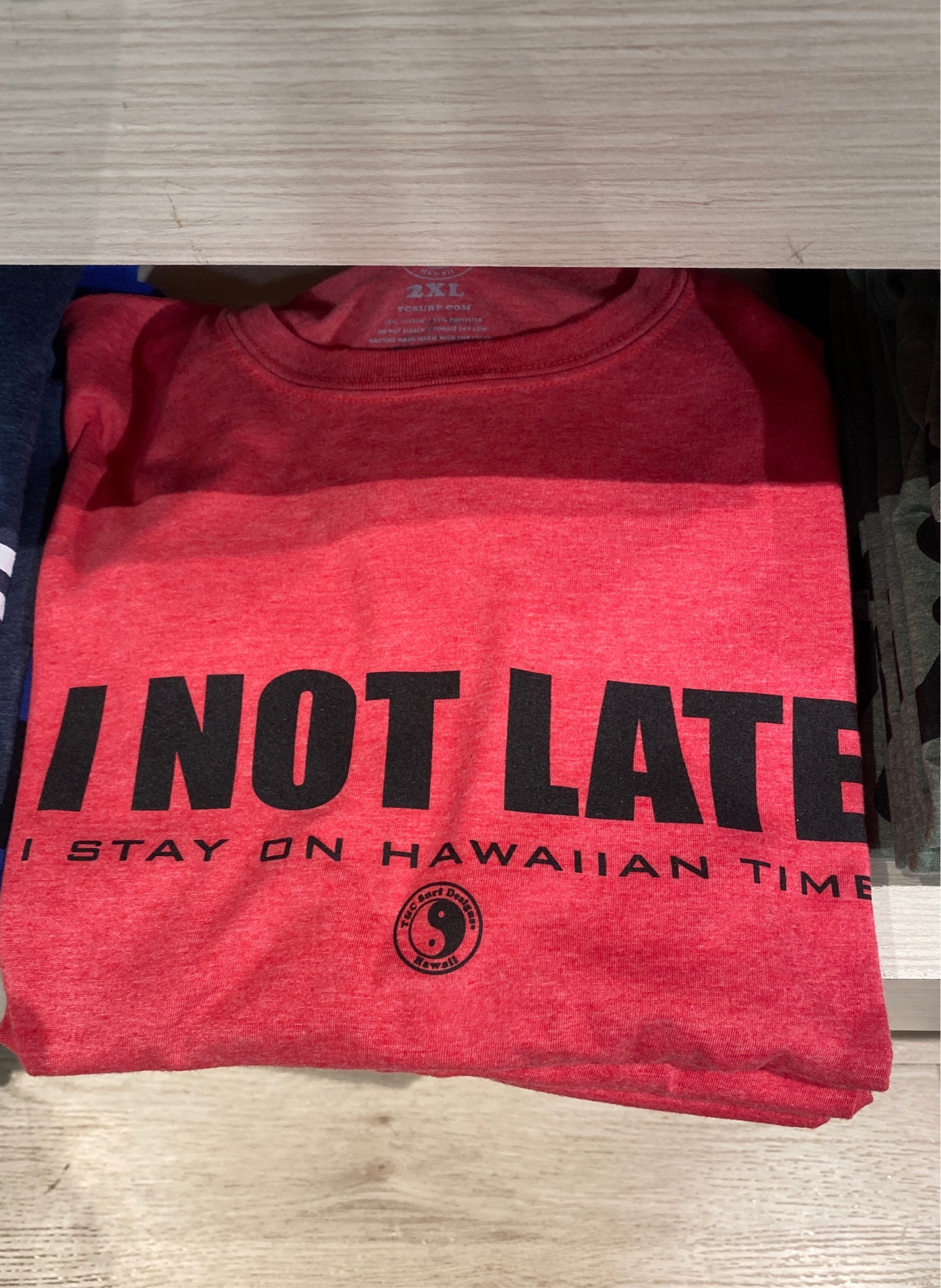
|
47341
|
|
United States
Honolulu
|
|
|
JP This is a picture of a T-shirt in a local surf shop in Kahala mall with a message written in Pidgin. The domain is closest to advertisement. The Pidgin is on a T-shirt, therefore indication that the shirt is marketed towards those who might appreciate the message and usage of Pidgin
|
Multilingual Hawaiʻi
|
|
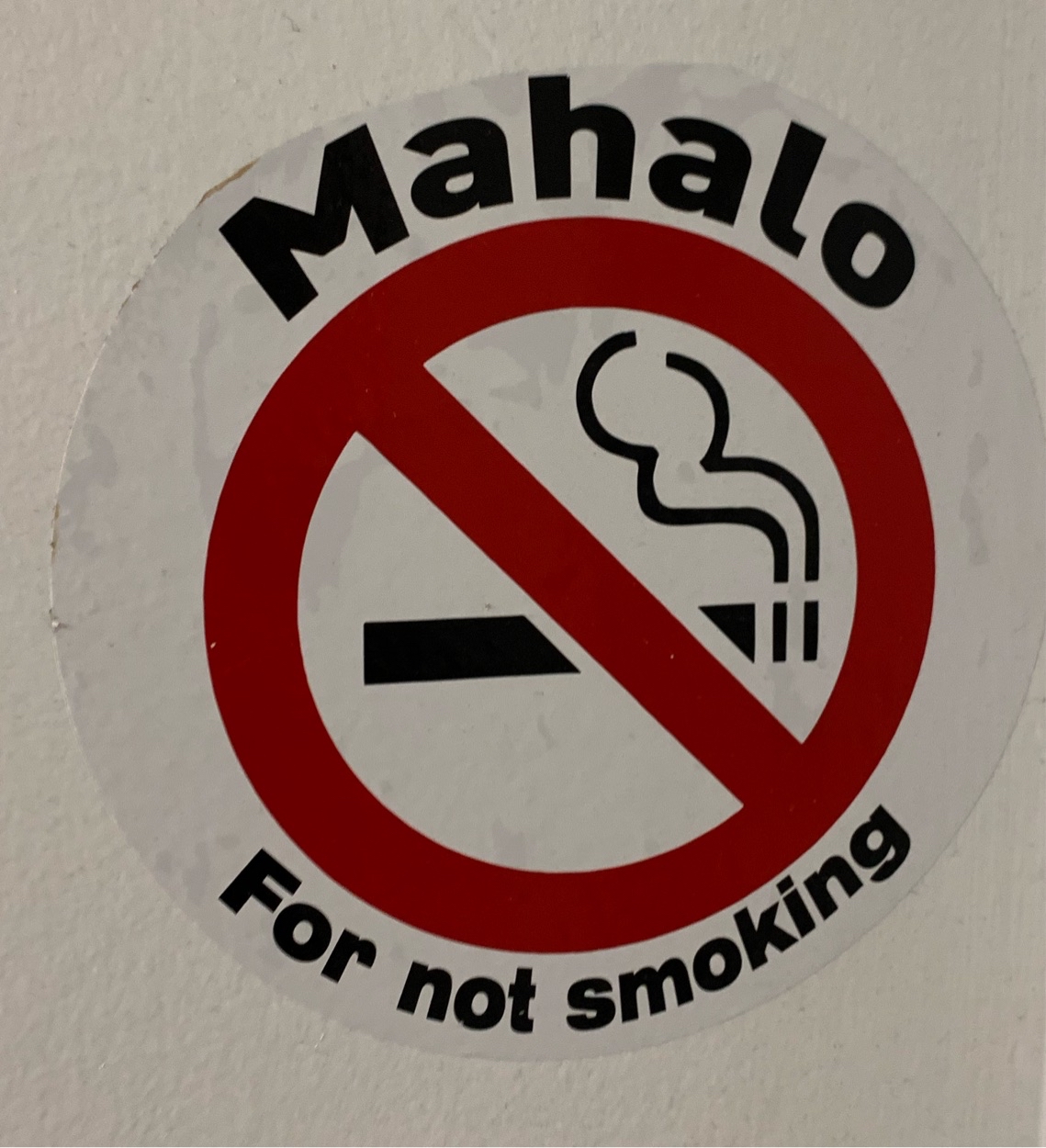
|
46062
|
|
United States
Honolulu
|
|
|
HC
Domain: Bathroom anti-smoking sign
Purpose: To say, "thank you for not smoking"
Intended Audience: Bathroom patrons
Print: Vinyl sticker
Message: "Thank you for not smoking"
|
Multilingual Hawaiʻi
|
|
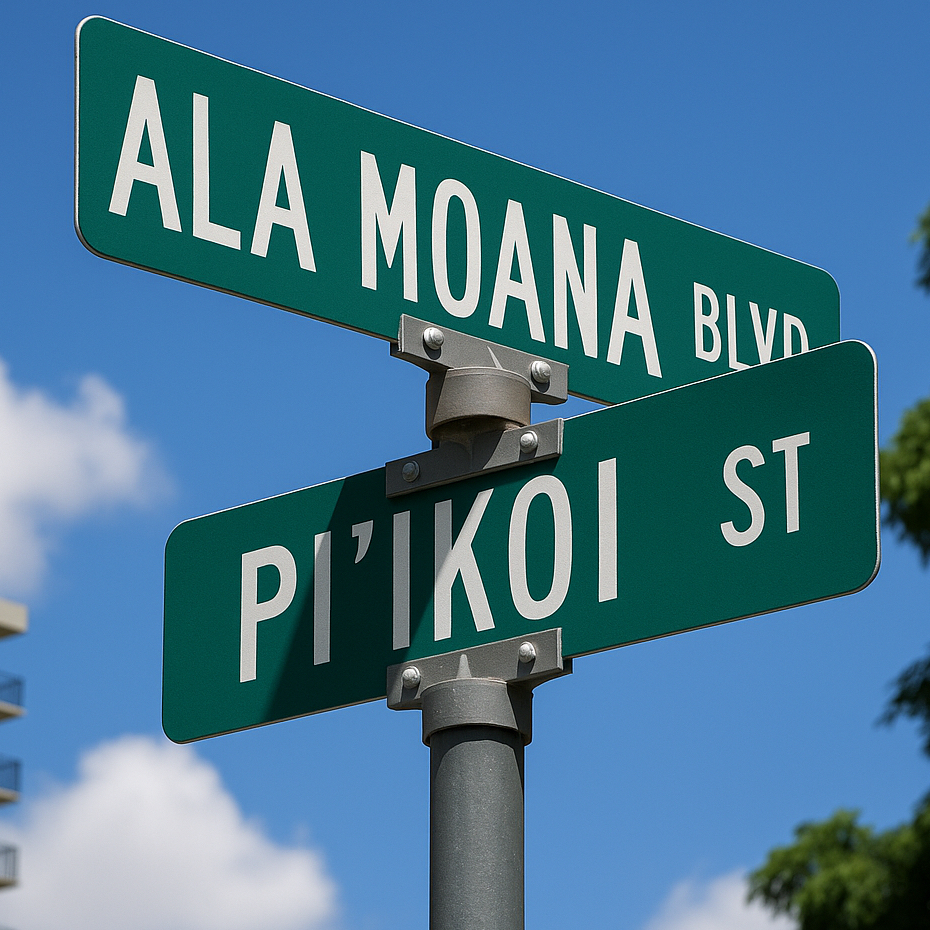
|
135663
|
Solo
|
United States
Honolulu
|
|
|
—
|
Multilingual Hawaiʻi
|
|

|
46063
|
|
United States
Honolulu
|
|
|
“But no take mo bettah ones when you leave” I saw this sign in the mall in a stand by the food courts. It had both Hawaiian and Pidgin in it. GM
|
Multilingual Hawaiʻi
|
|
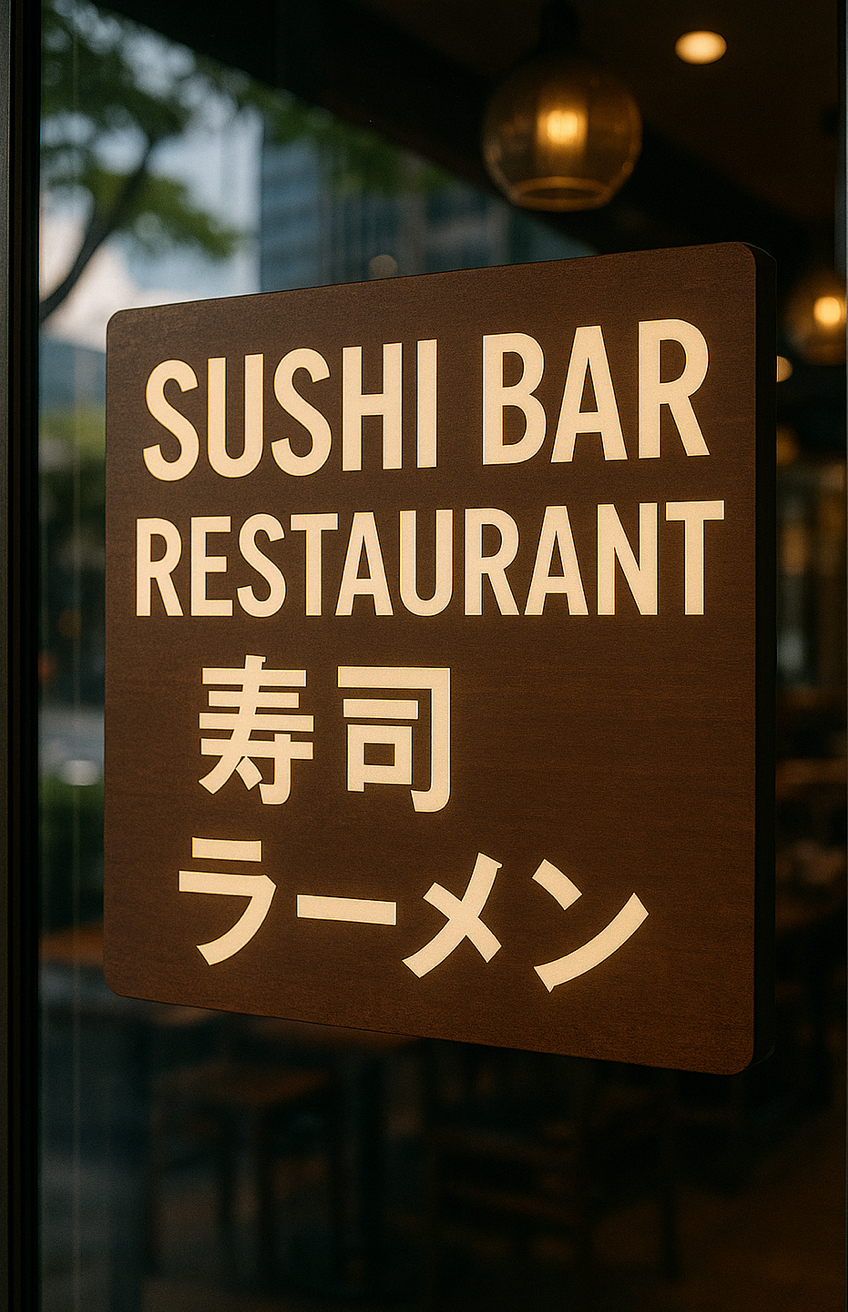
|
135664
|
Solo
|
United States
Honolulu
|
|
|
—
|
Multilingual Hawaiʻi
|
|
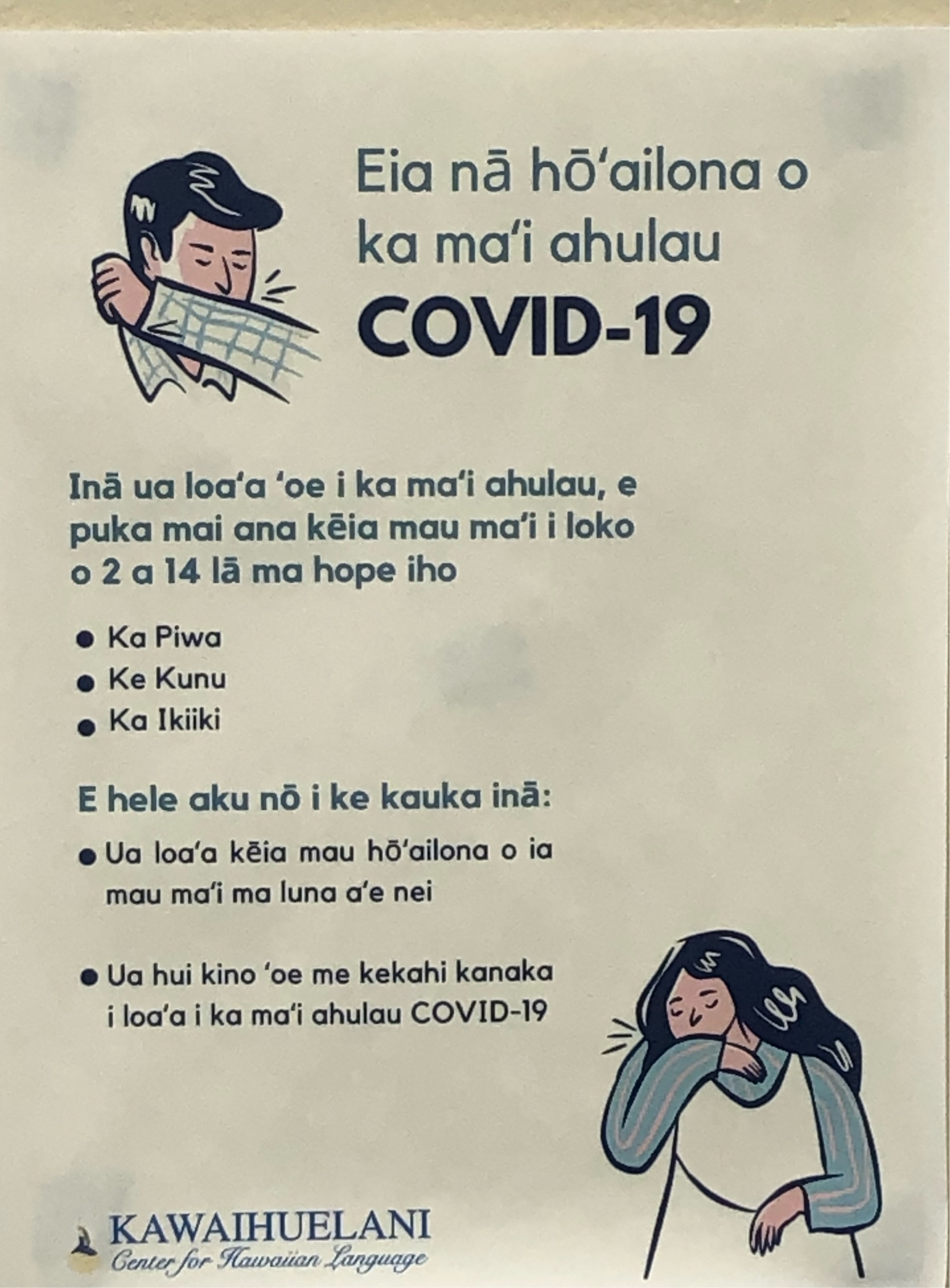
|
46064
|
|
United States
Honolulu
|
|
|
I saw this sign in the Hamilton library while I was sitting at one of the tables. I believe it’s saying the protocols of masking and what do to if you sneeze in the library. This sign is from the center for Hawaiian language. GM
|
Multilingual Hawaiʻi
|
|
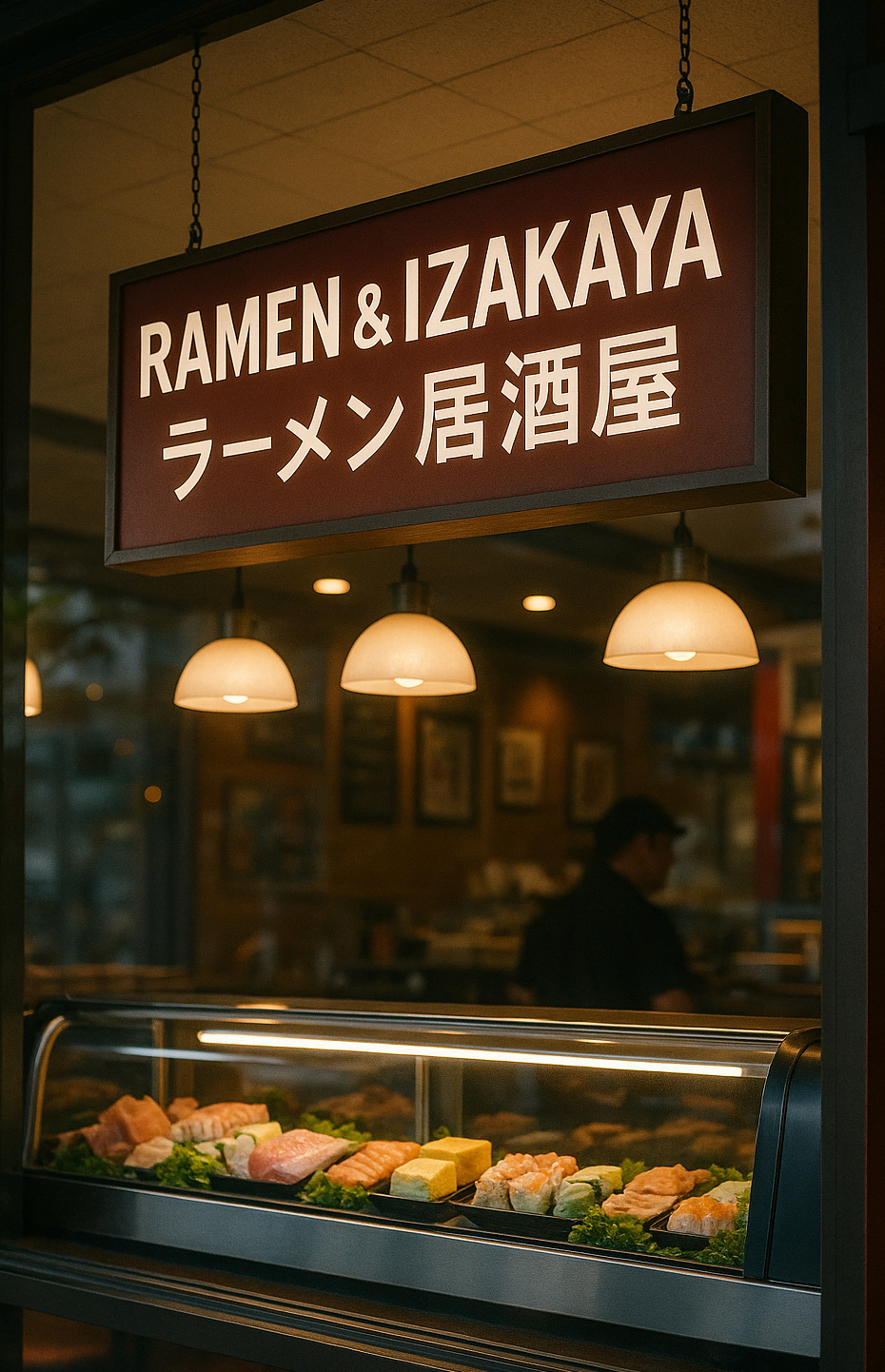
|
135665
|
Solo
|
United States
Honolulu
|
|
|
—
|
Multilingual Hawaiʻi
|
|

|
46065
|
|
United States
Honolulu
|
|
|
I saw this sign when I was adventuring out! They are trying to get people to buy the product shown in the image- it was stated in pidgin, the we’re trying to get a specific audience to buy the product- they left a name and number to call if you are interested in the product. I found this poster very interesting! GM
|
Multilingual Hawaiʻi
|
|
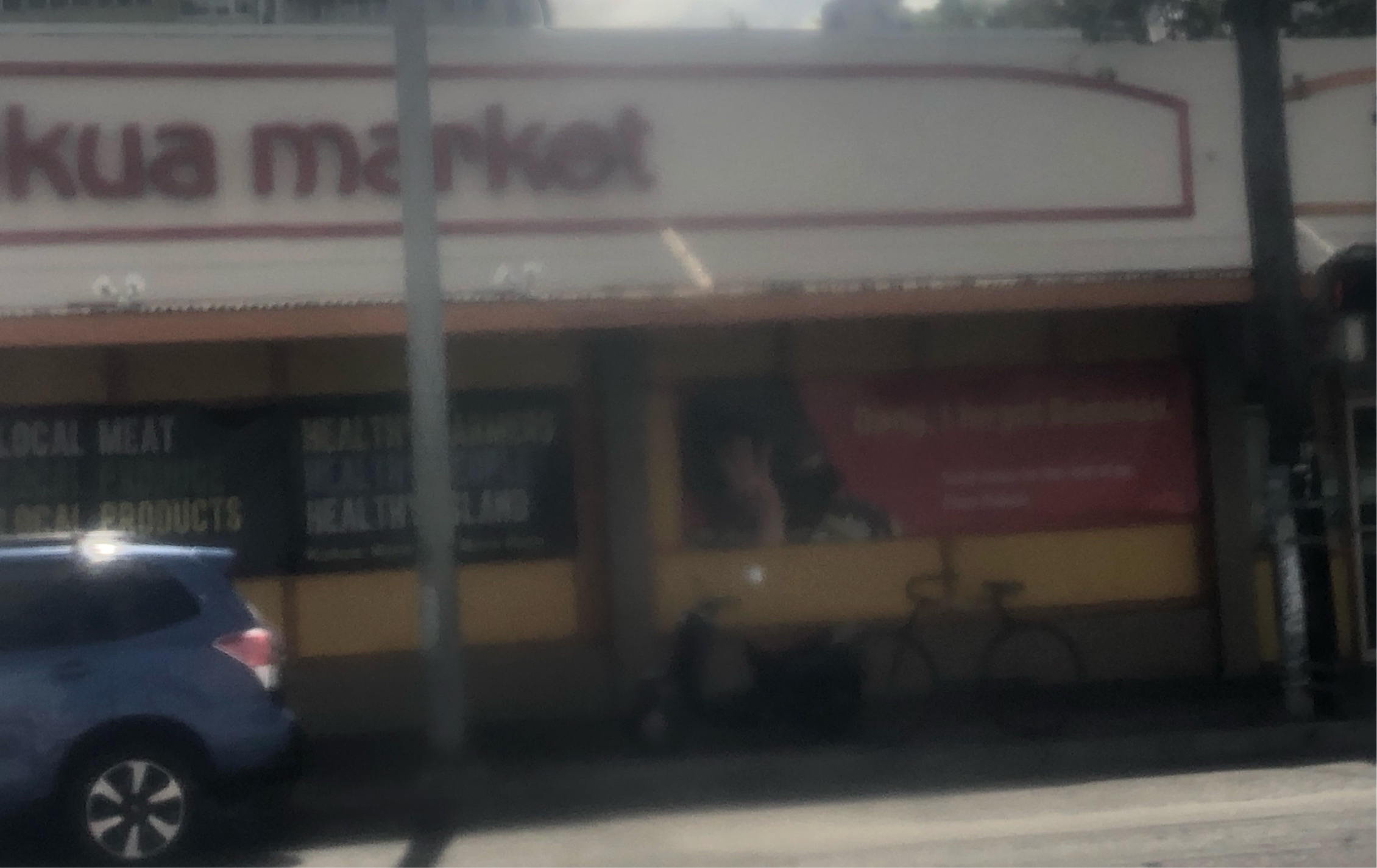
|
46066
|
|
United States
Honolulu
|
|
|
This image is a little blurry but I was on the bus and it started to move so this was the best picture I could get! I believe it’s saying something about health / groceries because behind the poster was the market / grocery store. GM
|
Multilingual Hawaiʻi
|
|

|
46067
|
|
United States
Honolulu
|
|
|
I was browsing target and saw another section of pidgin cards. I liked how it showed the different holidays and days! GM
|
Multilingual Hawaiʻi
|
|

|
46068
|
|
United States
Honolulu
|
|
|
AJR - Check in #2. The brand “Dakine” found in Ala Moana Shopping Center is quite popular both in the United States and across the globe. I would say that initially, the targeted audience was locals but after gaining the popularity it did, I think this has changed. I’m not sure what the history behind this company is but they seem to be profiting off of the common Pidgin word
|
Multilingual Hawaiʻi
|
|

|
46069
|
|
United States
Honolulu
|
|
|
AJR - Check in #2. This license plate cover was found in the apparel store T&C. The language exhibited is primarily Pidgin. I would say the intended audience is both locals and non-locals, given that it is in the mall in a popular apparel store that anyone can shop at. Promoting the sale of products like this that use Pidgin draws a very fine line between promoting local pride and cultural appropriation
|
Multilingual Hawaiʻi
|
|
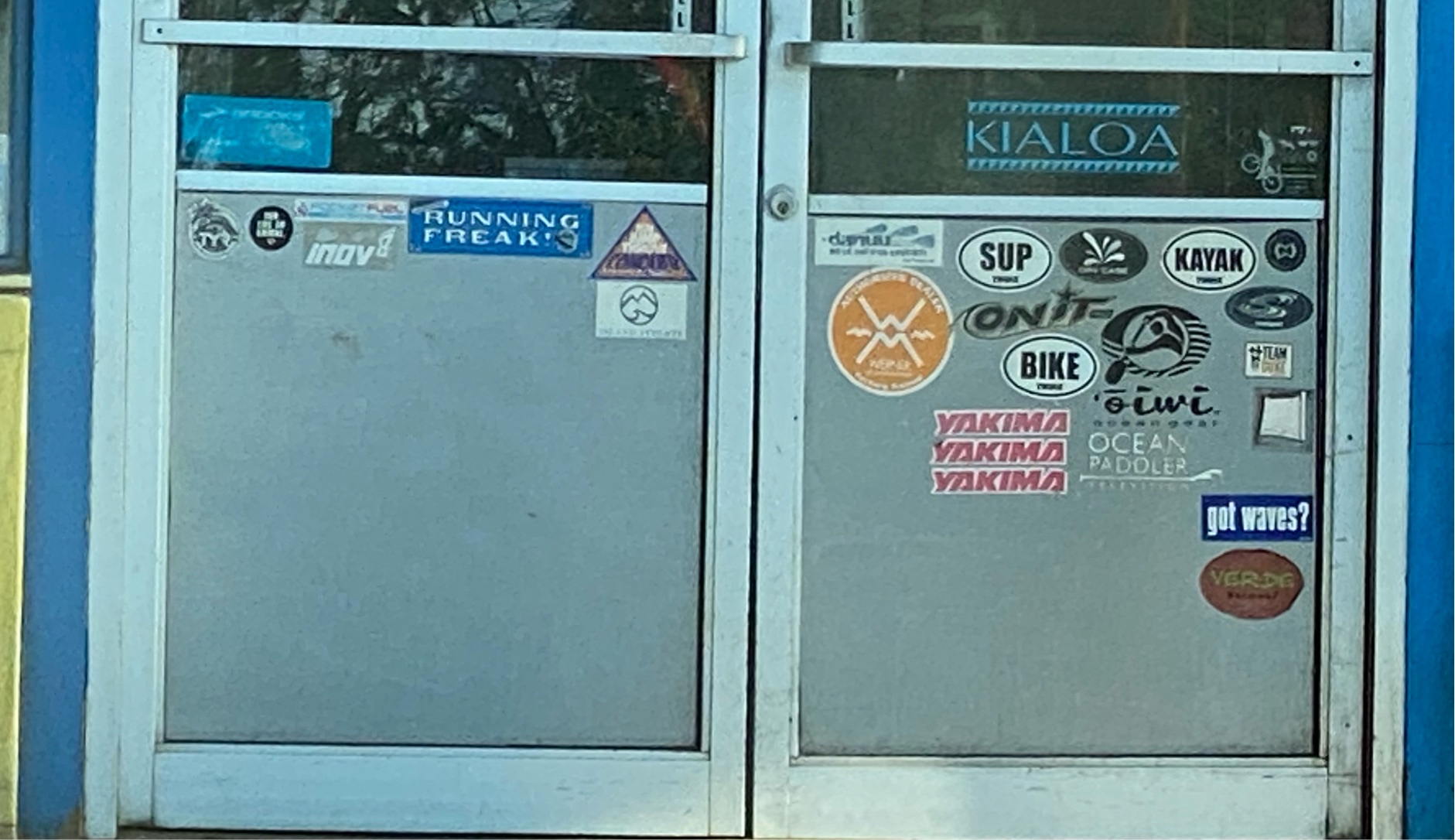
|
47349
|
|
United States
Honolulu
|
|
|
Collection of stickers found on the bottom of the door of a running store
|
Multilingual Hawaiʻi
|
|
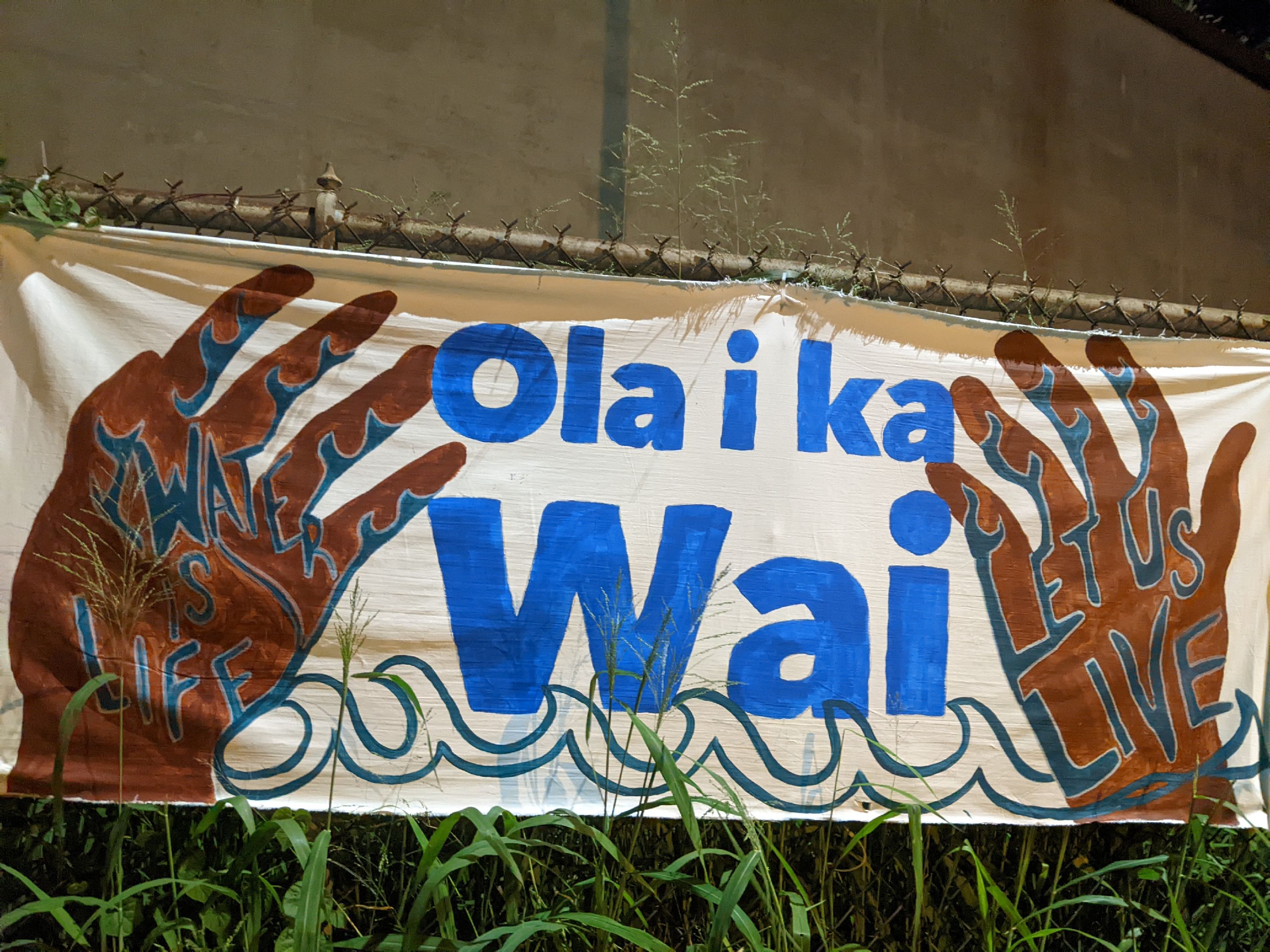
|
47605
|
|
United States
Honolulu
|
|
|
two hands holding up Hawaiian "ola i ka wai" and in the hands is written "water is life" (left) and "let us live" (right)
|
Multilingual Hawaiʻi
|
|
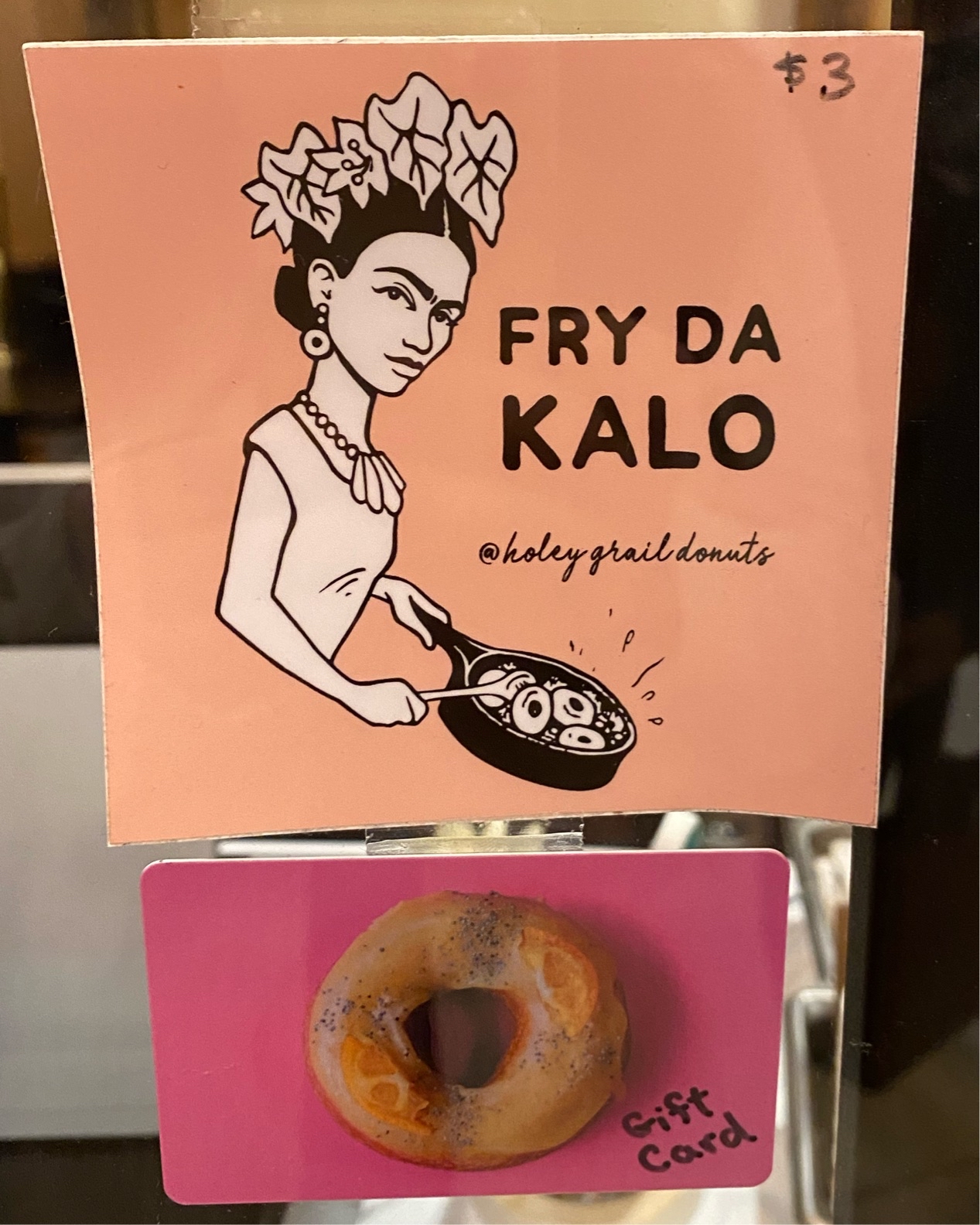
|
47350
|
|
United States
Honolulu
|
|
|
A sticker for sale at a vegan donut store in Ward.
|
Multilingual Hawaiʻi
|
|